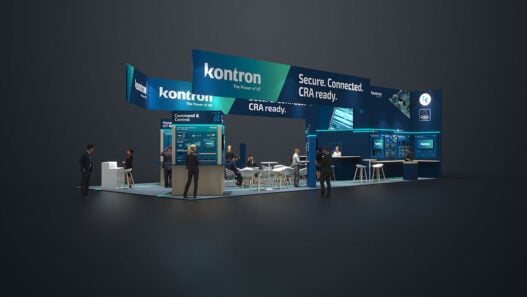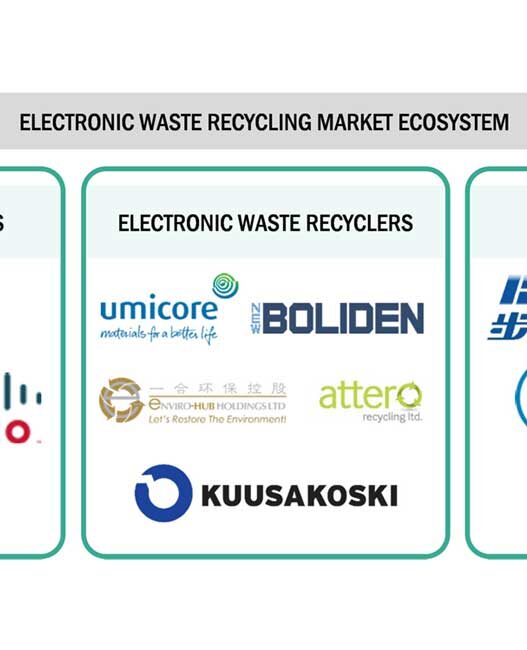The initiative, spanning two years, was formulated by Engineering X alongside the International Solid Waste Association (ISWA), Institute for Global Environmental Strategies (IGES), Practical Action, and UN Habitat, drawing upon the extensive experience of these partners in efforts to halt the open burning of waste.
Globally, over two billion people lack access to adequate waste management services, leading to significant health issues due to waste being openly dumped or burned. The open burning of solid waste significantly contributes to air pollution and the emission of greenhouse gases. This issue is particularly severe in low- and middle-income countries, where individuals living near waste burning sites are exposed to the harmful effects of air, ground, and water pollution. This exposure can lead to respiratory infections, immune disorders, reproductive issues, and premature death.
The CCAC-funded project aims to identify practical measures to reduce the open burning of solid waste, focusing specifically on diminishing the emission of highly toxic, carcinogenic, and potent short-lived climate pollutants and greenhouse gases, such as black carbon. Black carbon, a component of fine particulate matter (PM2.5) air pollution, is linked to approximately four million deaths annually worldwide due to long-term exposure.
Despite the known detrimental impacts of open waste burning on the environment, society, and economy, awareness, and understanding of its risks remain low. There is an urgent need for national and local governments, development partners, civil societies, and development financing institutions to collaborate in addressing this issue and ensuring proper waste management. Planned roadmaps for Africa, Asia, and Latin America & the Caribbean aim to enhance action and awareness in these regions. These roadmaps will equip governments and other relevant entities with the necessary knowledge and tools for planning and implementing strategies to reduce open burning of waste and toxic emissions. The initiative will also involve efforts to elevate the issue’s profile among funders and facilitate their engagement with governments to prioritise implementation.
Each roadmap will be developed based on information from reviews of existing evidence, data, field surveys, consultative meetings, and interviews with key stakeholders. They will provide a regional overview of greenhouse gas and short-lived climate pollutant emissions, with pilot tests in a city from each region. Insights from these pilots and continuous engagement with regional bodies will refine the roadmaps, enhancing their practicality and long-term viability at a regional scale.
Although the specific causes of open waste burning differ across the three regions, common underlying factors include the lack of basic waste management services and infrastructure, institutional shortcomings, and emissions of highly toxic, carcinogenic, and powerful short-lived climate pollutants like black carbon, which contribute to global climate change. The project adheres to the principle of ‘Think globally and act regionally’.
Professor Sir Jim McDonald GBE FREng FRSE, President of the Royal Academy of Engineering said: “Engineers have an important role to play in tackling our many global challenges and Engineering X has had significant success in a relatively short space of time in raising awareness of the global practice of the open burning of waste and its impact. The Academy’s existing international networks have helped on this score, but it is practical action at pace that is now needed if the open burning of waste is to be phased out worldwide.
“Despite its catastrophic impact on people’s health and the environment, many people rely on open burning of waste for their livelihoods, and it is important that lasting change is achieved through local, community-focused approaches. By leading this new international consortium with the support of the Climate and Clean Air Coalition, I hope we can help those communities most affected to benefit from the economic and social opportunities afforded by more integrated and sustainable waste management systems.
“This project is a positive step towards tackling the scourge of open burning and we welcome other partners who could help us build on the results of this critical work in these regions. We also urge governments, funders, and international organisations to prioritise as a matter of urgency an integrated approach to phasing out open burning worldwide.”
Professor Desta Mebratu, Africa Project Lead for Engineering X said: “Open burning of waste is a key cause of poor air quality, which is responsible for 1.2 million deaths in Africa every year. If we can phase out this practice it will dramatically improve health outcomes for the local population and protect the most vulnerable, who are disproportionately affected by air pollution. There is also a huge socioeconomic opportunity for the African waste sector if it can pivot to treat waste as a valuable commodity in a circulate economy that supports decent jobs and livelihoods.
“I am pleased to be leading the development of the Africa Regional Roadmap after a longstanding engagement with Engineering X on this issue. It is very timely following the 2022 AMCEN resolution and the launching of a multi-stakeholder partnership at COP27 to end the open burning of waste in Africa by 2040. We look forward to engaging with all actors and call for more to join this vital work to eliminate open burning.”
Engineering X has been tackling the open burning of waste since 2021 as part of its work on safe disposal of waste, following a Global Review of what happens to consumer goods and other engineered products at the end of their useful life. Successes so far include:
- Collaboration with the UN High-level Climate Champions to launch a multi-stakeholder partnership at COP27 to end the open burning of waste in Africa by 2040, putting the issue on the global agenda for the first time
- Support of 16 grants focused on addressing health impacts of open burning
- Publication of report Open burning in Africa: challenges and opportunities
- Resolution to end open burning in Africa by 2040 signed by 54 African Ministers at the 2022 African Ministerial Conference on Environment (AMCEN)
- Implementation Lab at Africa Climate Week 2022 in Libreville, Gabon
- Side event at COP26, implementation Lab and Solutions Roundtable at COP27, and engagement with ISWA Waste and Resources Pavilion events at COP28















